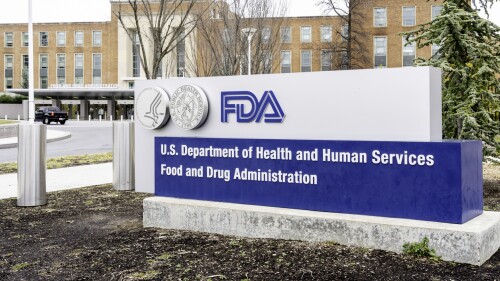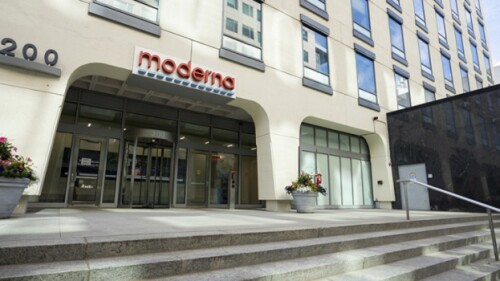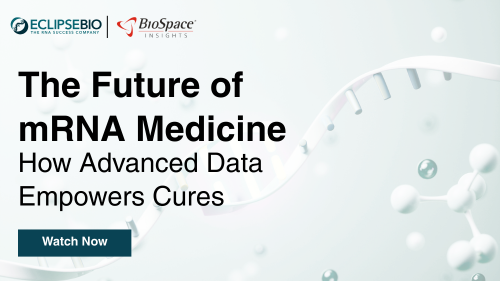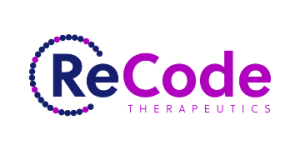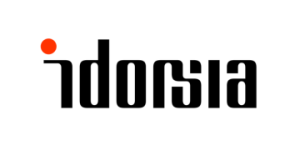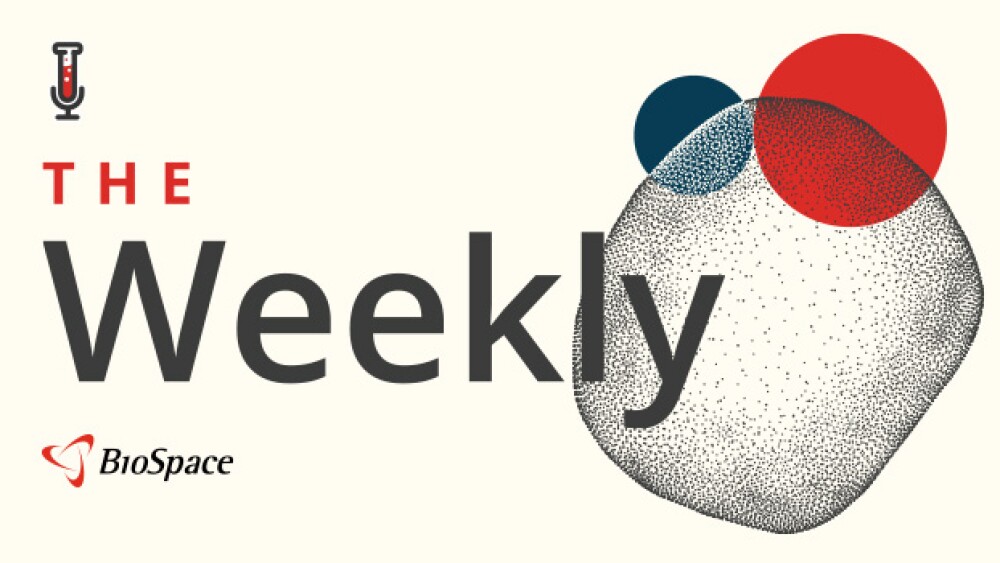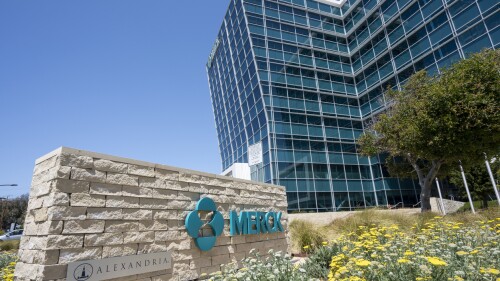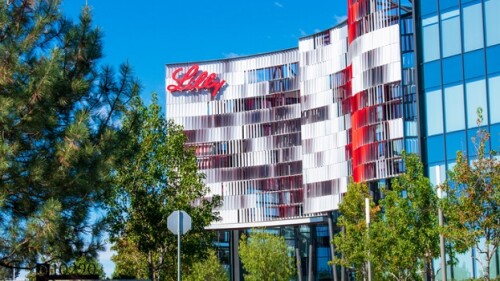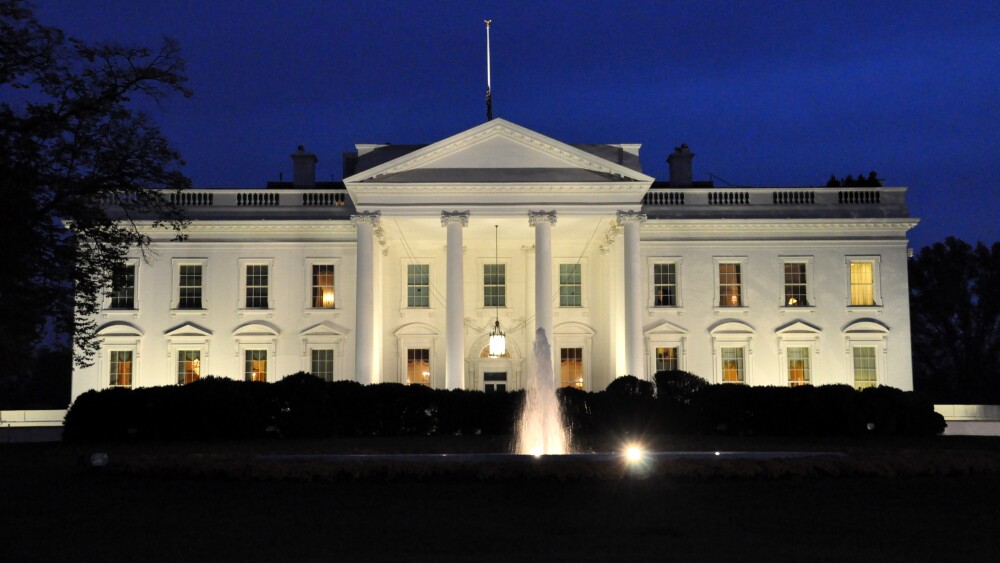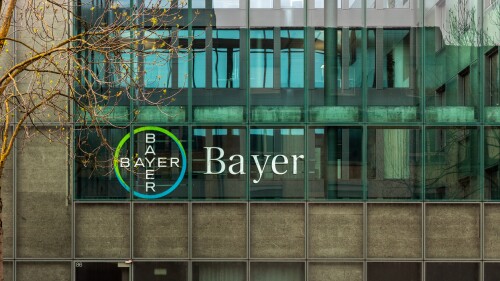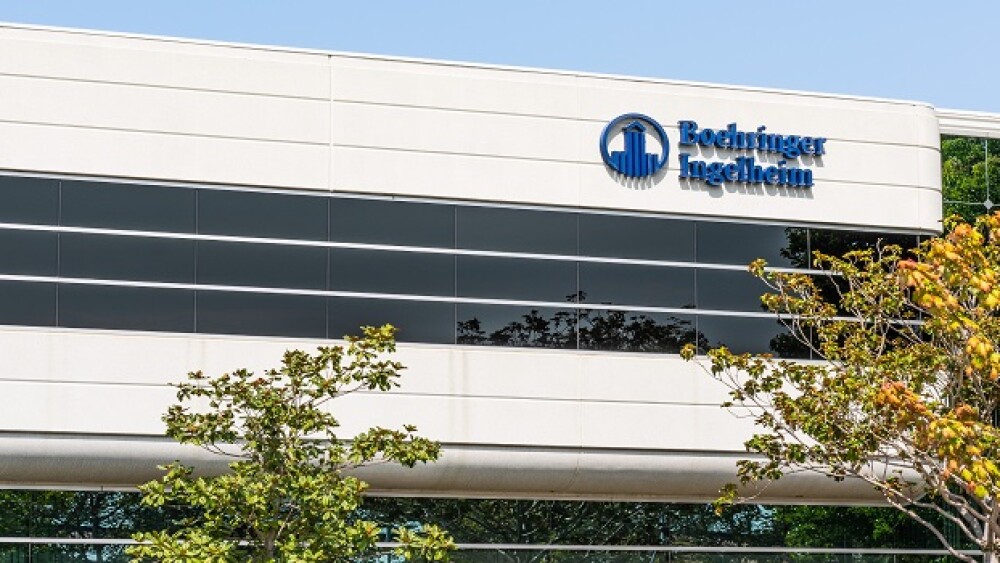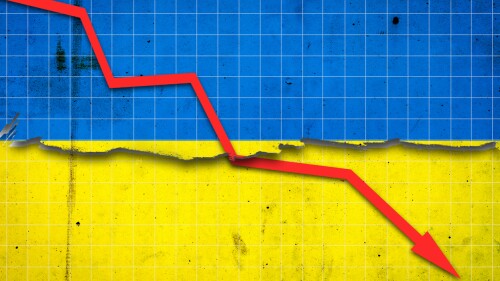With Avadel under its fold, Alkermes expects to accelerate its expansion into the sleep market, laying the foundation for its late-stage narcolepsy asset alixorexton.
A key question for investors going forward will be whether Moderna’s other latent virus vaccines for Epstein-Barr and shingles can succeed after the failure of the CMV program.
Looking for a job in regulatory? Check out the BioSpace list of eight companies hiring life sciences professionals like you.
The deal focuses on ICT01, a monoclonal antibody being tested in acute myeloid leukemia. ImCheck is also developing assets in infectious disease and other oncology indications.
While the threat of tariffs dies down for the pharma industry, President Donald Trump is reportedly weighing a new investigation that could result in import taxes against U.S. trading partners that don’t pay enough for drugs.
FEATURED STORIES
As tariffs, HHS workforce cuts and the ouster of CBER Director Peter Marks threaten the “lifeblood” of the cell and gene therapy space, experts express wariness over the unknowns and optimism that Marks’ legacy will carry on.
As Marty Makary nears the end of his first month on the job, the FDA Commissioner sat down for two interviews, offering statements that alternatively contradict and jibe with reported events.
Presentations at this year’s American Association for Cancer Research meeting could have a broad impact on the treatment landscape for head and neck and lung cancer, and implications for specific drug modalities like TIGIT and VEGF.
Executives don’t just get paid big bucks to operate a company. Sometimes they get paid millions to walk away.
Biotech was starting to show signs of recovery after years of investor pullback—until new tariffs and economic uncertainty sent fresh shockwaves through an already fragile market.
Alnylam and BridgeBio are competing for people who are switching from Pfizer’s blockbuster ATTR amyloidosis drug tafamidis while all three companies are fighting for new patients.
LATEST PODCASTS
Second-quarter earnings season continues with Big Pharma beating Wall Street expectations, the author of an encrypted email sent to BioSpace has a proposal for Moderna and Merck, Roche and Viking seek quicker entry to the obesity market, and AAIC is in full swing.
Despite early 2024 optimism, BioSpace’s Job Market Trends report outlines a still sluggish situation in the biopharma industry, Novartis and J&J announce Q2 earnings, GLP-1 market leaders expand into China and the Cassava Sciences saga continues.
This is the third episode of Denatured’s discussion on diversity, equity and inclusion. Here, our guests discuss imperatives around access and accountability.
Job Trends
Global biotechnology leader CSL and Arcturus Therapeutics announce Nature Communications has published results from an integrated phase 1/2/3a/3b study evaluating the safety, immunogenicity, and efficacy of ARCT, 154, a novel self-amplifying COVID-19 vaccine and the world’s first approved sa-mRNA COVID-19 vaccine.
Subscribe to GenePool
Subscribe to BioSpace’s flagship publication including top headlines, special editions and life sciences’ most important breaking news
SPECIAL EDITIONS
In this deep dive, BioSpace investigates China’s rise as a biotech powerhouse.
In this deep dive, BioSpace explores the next big thing in obesity.
BioSpace did a deep dive into biopharma female executives who navigated difficult markets to lead their companies to high-value exits.
DEALS
-
European CDMO Ardena will buy Catalent’s oral solids manufacturing facility in Somerset, N.J.
-
Senator Elizabeth Warren told the Federal Trade Commission that the acquisition of contract manufacturer Catalent could increase Novo’s dominance over the hot GLP-1 market, reducing competition and increasing prices.
-
After four patient deaths, Kezar’s lupus trial is officially on hold, sparking investor Kevin Tang’s interest for acquisition.
-
Big Pharma can’t seem to get enough radiopharmaceutical biotechs. With Lilly, Sanofi and BMS chasing Novartis into the complex space, all eyes are on these specialty biotechs.
-
On the heels of Keytruda’s success in a Phase III perioperative trial for a disease where it had previously failed to improve event-free survival, Merck touts an I&I deal with UK biotech Mestag.
WEIGHT LOSS
-
The data suggest the high dose nearly closes the efficacy gap with Zepbound.
-
JPM25 is in full swing as several pharma powerhouses—including Merck, Lilly and Amgen—detail their strategies for growth in the coming year.
-
The updated guidance, which was largely driven by lower-than-anticipated sales of GLP-1 blockbusters Mounjaro and Zepbound, sent Eli Lilly’s shares cratering by as much as 8% Tuesday, even as the company forecasted robust 2025 revenue.
-
Biopharma executives were busy Monday, striking high-value deals and providing updates on cancer, obesity and vaccine pipelines.
-
Obesity continues to grab attention at the J.P. Morgan Healthcare Conference in San Francisco, with both Pfizer and Kailera Therapeutics outlining their plans in the space moving forward.
POLICY
-
Nevertheless, Albert Bourla has been lobbying the U.S. government—as high as President Donald Trump himself—to skip the pharmaceutical industry tariffs, which Trump has threatened, in part as a way to shore up U.S. national security.
-
While Vaxart can proceed with its study, fellow COVID-19 vaccine developers GeoVax and Novavax continue to be hamstrung by various regulatory roadblocks.
-
In a recent interview, FDA Commissioner Marty Makary said there “should be nothing political about the FDA.” Recent actions taken by HHS Secretary Robert F. Kennedy, Jr. and others within the department appear to be at odds with this sentiment.
-
Merck, Bristol Myers Squibb, Sanofi and Roche had little clarity on the potential impact of President Donald Trump’s pharmaceutical tariffs but many companies are already preparing for what’s to come.
-
The so-called ‘Most Favored Nations’ rule would set drug pricing for Medicare in line with the prices paid by other nations, where drugs can be much cheaper.
Differing skillsets mean that extroverts and introverts will usually approach the same job differently. Here is how each of them do it.
If you’ve been getting the itch to job search but you aren’t sure if you should, here are some reasons to possibly leave a job that might help you decide if you should stay or if you should go.
Everyone wants a positive work environment but how do you find one? This article will provide you with deep insights into how you can find a company that you dream of.
You can follow these job hunting tips to optimize your job search and prefer finding the jobs that you want and not any irrelevant ones. Here’s how to do it.
Since almost every job market has become more competitive, you need to start improving your skills. Here are a few tips that can help you in skill development.
Before we look at the tips and tricks that can help you bag a job in pharma, we should look at the complications that you might face when getting the job.
HOTBEDS
REPORTS
In this Employment Outlook report, BioSpace explores current workforce sentiment, job activity trends and the prospective job and hiring outlook for 2025, particularly as it compares to the previous year.
BioSpace’s third report on diversity, equity, inclusion and belonging in life sciences examines dramatic shifts in attitude around diversity initiatives.
CANCER
-
Exelixis’ next-generation tyrosine kinase inhibitor zanzalintinib is being tested for colorectal cancer, renal cell carcinoma and head-and-neck cancer, with several readouts slated for the second half of 2025.
-
Merck’s Keytruda may be the most talked about drug facing loss of exclusivity but it’s far from the only one, as several of the industry’s top-performers are losing key market protections. Some companies are more prepared than others.
-
Casdatifan’s progression-free survival benefits could help differentiate it from Merck’s Welireg in the kidney cancer arena, according to analysts at Truist Securities.
-
Ono picked up Romvimza—previously known by its active ingredient vimseltinib—from its $2.4 billion acquisition of Deciphera Pharmaceuticals in April 2024.
-
The failure in adjuvant melanoma could cause BMS and Opdualag to miss out on a market opportunity that is nearly twice as large as its current approved indication, according to analysts.
NEUROSCIENCE
-
Boehringer Ingelheim’s trio of late-stage schizophrenia failures on Thursday came a day after the Department of Health and Human Services hit back on the pharma’s legal challenge to the IRA’s drug price negotiation program.
-
AbbVie and Gilead are going back to their roots and leaning on their established areas of expertise to set themselves up for sustainable success in 2025.
-
Amidst a “renaissance” of interest in neuropsychiatry, Seaport’s executive team is taking nothing for granted.
-
J&J, GSK, Eli Lilly and others struck high-value transactions in the early days of biopharma’s annual kickoff conference. Meanwhile, Biogen proposes to acquire struggling neuro partner Sage, and obesity dominates discussions as Pfizer goes “all in.”
-
Lykos Therapeutics is currently working out ways to fund an additional Phase III study for its MDMA-assisted PTSD therapy following an FDA setback last year.
CELL AND GENE THERAPY
-
Investigational CAR T therapies stole the spotlight at the American College of Rheumatology Convergence as data presented by Bristol Myers Squibb, Kyverna Therapeutics and more highlighted their potential to effectively treat lupus.
-
After failing to receive the RMAT designation from the FDA for its early-stage Batten disease gene therapy, Neurogene tells investors that it’s evaluating options for the program.
-
Regenxbio is pushing its Duchenne muscular dystrophy gene therapy into pivotal development, with a BLA planned for 2026—potentially posing a threat to Sarepta’s Elevidys.
-
Neurogene’s shares fell by 36% as the market opened Monday morning following news that a patient experienced systemic hyperinflammatory syndrome in a Phase I/II clinical trial of Rett syndrome gene therapy NGN-401.
-
Bluebird has just two quarters until it’s out of cash. Executives are looking for financing to extend that runway to a projected breakeven point before the end of 2025, with analysts worried they won’t make it.


